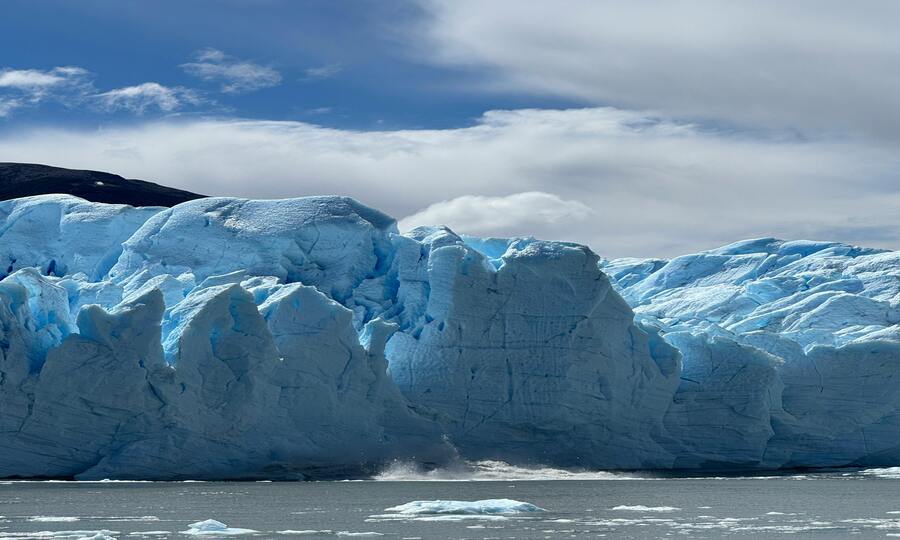
It is a story that bridges six decades, two continents, and the slow but relentless shifting of the world’s most remote landscapes. The remains of Dennis “Tink” Bell—a young British meteorologist who disappeared in 1959 during an Antarctic research mission—have finally been recovered, ending one of the polar region’s most enduring mysteries.
Bell, just 25 at the time, was part of the Falkland Islands Dependencies Survey (the precursor to the British Antarctic Survey) stationed on King George Island. On a routine expedition across the treacherous terrain, he vanished without trace, believed to have fallen into a deep crevasse. For years, repeated search efforts yielded nothing, and his story passed into the quiet archives of polar history—remembered by colleagues, but closed off from resolution.
That silence broke this year. A Polish scientific team, conducting glaciological research near the Ecology Glacier, made a discovery in the newly exposed rock beds: human remains, alongside personal effects that spoke of a life paused mid-moment. A wristwatch frozen at a specific hour. A well-used tobacco pipe. Ski poles. A radio. More than 200 artefacts in all, perfectly preserved by the ice for over six decades.
British authorities confirmed Bell’s identity through DNA testing, allowing his family—many of whom had never met him—to finally bring him home.
“It means everything to us,” one family member said. “We can finally give him the farewell he deserves.”
Yet the story extends beyond one family’s closure. It is also a testament to the rapidly changing Antarctic environment. King George Island is home to research stations from over a dozen nations, and its glaciers have retreated at an alarming rate, revealing landscapes unseen for millennia. The melting of the Ecology Glacier is part of this broader transformation—its withdrawal not only reshaping the island’s geography, but also unearthing fragments of history that would otherwise have remained locked in ice.
Bell’s final journey, once an unsolved footnote in the annals of exploration, is now a reminder that the polar regions are both time capsules and warning signals. They guard the stories of those who ventured into their extremes—and they are yielding those stories back to us, piece by piece, as the climate warms.
When Bell’s remains are returned to the United Kingdom later this year, it will mark the closing of a chapter that began in an age of analogue radio and dog sleds, and ends in an era of satellite mapping and international climate accords. His name will be remembered not only as a casualty of exploration, but as part of the fragile record of human endeavour in the world’s last great wilderness.
Lorem ipsum dolor sit amet, consectetur adipiscing elit. Suspendisse varius enim in eros elementum tristique. Duis cursus, mi quis viverra ornare, eros dolor interdum nulla, ut commodo diam libero vitae erat. Aenean faucibus nibh et justo cursus id rutrum lorem imperdiet. Nunc ut sem vitae risus tristique posuere.